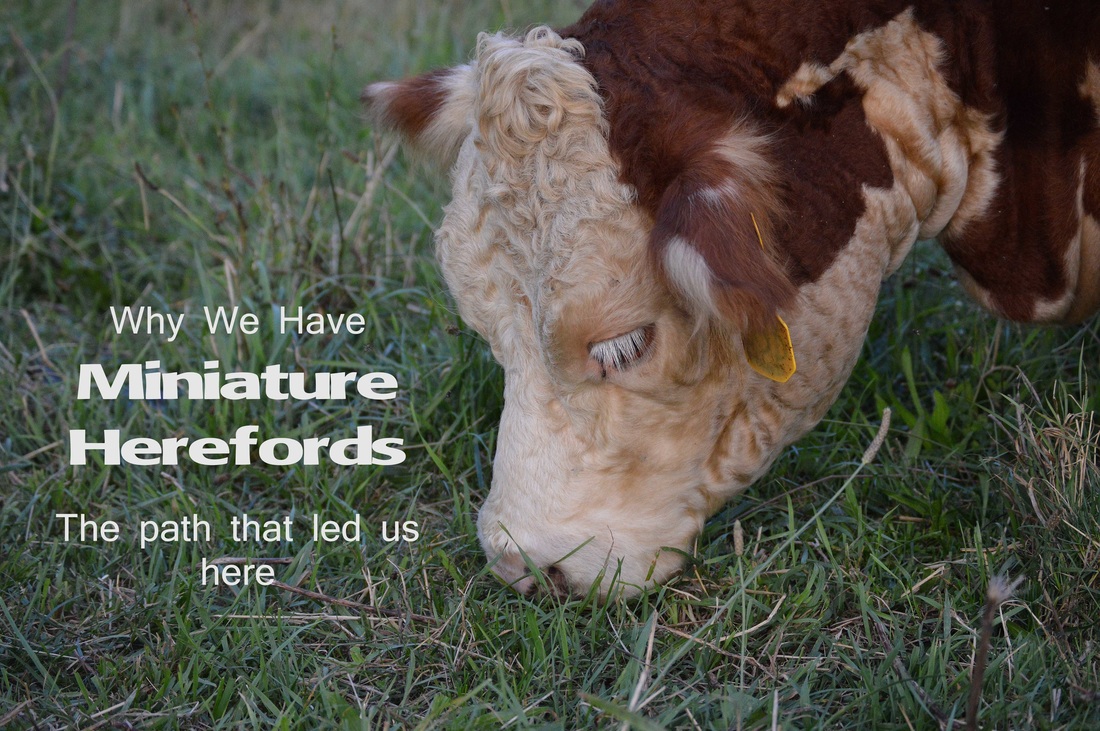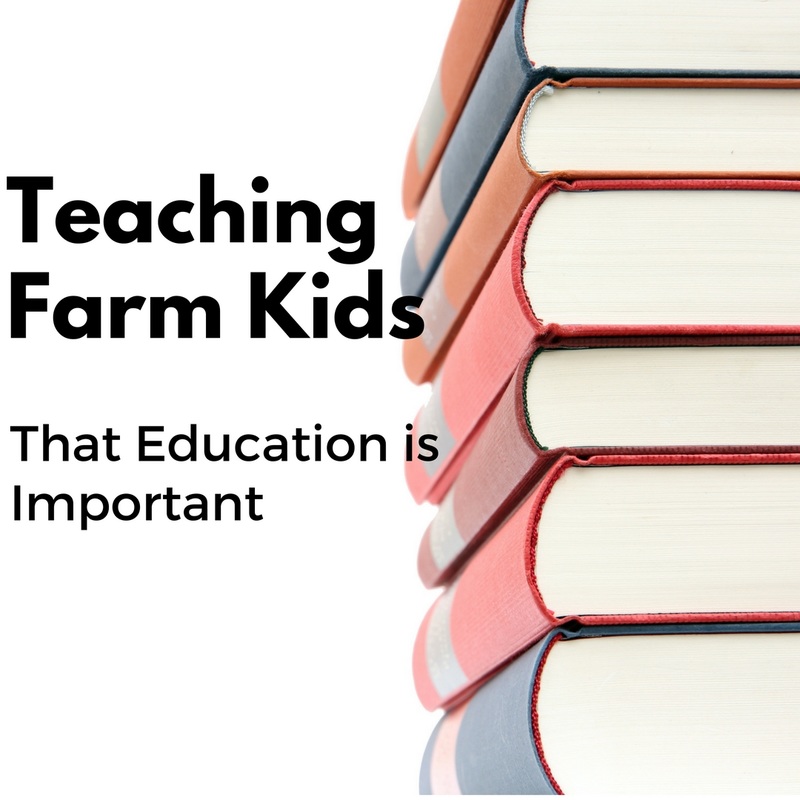|
The evenings are starting to turn chilly, the leaves are beginning to turn and summer is winding down. School has started once again. We are now a few weeks into the school year. The books have a couple of dog-eared pages, the eraser is half used, the sneakers have a few scuffs and the shiny newness is wearing off of things. A few tests and quizzes are in the grade books, and the dreaded homework is in full swing. Summer on the farm isn't quite over, and the boys are having a hard time focusing on school work when they would much rather be out working in the fresh farm air. The garden is still producing and hay is still growing. Calves are waiting to be weaned and we are moving cows around to get everyone home and situated for winter paddocks. There are so still so many things that need to be done before we are ready for winter to set in. So what do you do when you have a farm kid that just can't see the use of "all this book learnin"? "I understand that I need to learn science to be able to take better care of my cows, but why do I need to diagram sentences?" It is hard for kids to see the need for all the "useless information" that they are being tested over. As adults, we know why they need to learn these things and how useful it will all be to them later in life, but how do you make that relate to a kid that just wants to farm? Reading Never stop learning. There are always new and better technology and farming practices being developed. The best way to learn these new innovations is to read about them either on the web or in industry books and magazines. Sometimes the best knowledge is learned from those that come before us. We are fortunate to have much of that wisdom written down for us to learn from. I have often toyed with studying the Farmer's Almanac and trying to learn the weather signs that farmers used years ago. What did they do a hundred years ago before weather.com? Technology is great....but the weatherman is always wrong during hay season. Math Algebra may seem pretty useless, but have you ever tried to treat an entire herd with Corid in the water troughs? Let me tell you...that is not a simple math equation...especially when you are trying to do it in your head while standing in the barn with cows mooing at you. Think about all the vaccination and medical conversions you will have to do. If the cow weighs 650 pounds, then how much of this medication do I need to dispense? Building fence requires measurements and angles to get it just right....that is if you want a straight fence. How many bales of hay do we need to get us through the winter if we have 20 head of cattle? Get this wrong and you will have some hungry cows or an empty bank account. A farm is a business. With any business, you have to make the financial books work. Your goal is to make a profit. Do you have the math skills to know if you are getting rich, just breaking even or on your way to the poor house? Science This one is pretty obvious for most farm kids. You need to know about science and anatomy to properly care for your animals. You may not get a whole lot of specific cow information in school, but you will learn information about other animals that will translate to cows also. What about photosynthesis? Do you know how plants grow? What are the most important nutrients? How do plants convert sunlight into energy to grow? If you can master these concepts, you are well on your way to growing a good crop of hay. When is the best time to cut the hay to ensure the most nutritional content is being preserved? The better your crops, the healthier your animals. Don't overlook the human equation. Ultimately, your farm produce is going to be consumed by humans Whether it is a cow that becomes your next steak, sweet corn to eat right out of the field or field corn used in your cattle feed, it all ultimately feeds people. Are you providing your crops and animals with the safest ingredients? Are you producing the most nutritious food that you possibly can? Farming is a giant puzzle with many individual pieces making up the final product. The more you know about each piece and the better you are at mastering the science behind that piece, the better the finished product will be. English This is the one that I am constantly preaching to my young farmers. Just because many people still have the impression that farmers are the "dumb" ones that couldn't make it in any other field, doesn't mean that you have to prove them right. Some of the smartest people I know seem the dumbest. Why? Because they have horrible grammar and writing skills. You may be an Albert Einstein, but if you cannot communicate those ideas clearly and correctly, it is hard to get anyone to believe you. Even if you are a loner and prefer to spend more time with John Deere than actual people, you still have to know how to clearly communicate. You are producing a product, but you also have to sell that product. Whether it is communicating with the feedlot, veterinarian, seed consultant or selling directly to the consumer, you have to be able to communicate clearly and precisely. In this digital age, it is also very important to have good writing skills. Emails and texts are essential forms of communication, especially since they can be done from your smart phone while out driving the tractor. Once again, your farm is your business. Do you have a written business plan? What if your bank asks for one when you need to get a loan? Do you need to advertise your product? How many times have you seen an ad on craigslist that you don't even look at twice because the seller sounds like an idiot? Do you have a website or blog for your farm? Websites are becoming more and more important in this digital age. You could hire web design out, but with just a little time and minimal skills, you can do it yourself. However, you are selling yourself and your product from a computer. The first thing that people will know about you is what you put online. Is it grammatically correct? You want to give potential buyers a good first impression, not a bad one. I have one son that loves to write (because he has a teacher that makes him write) and one that hates to write. I always tell them that you never know where life is going to lead you and what skills you may need. I minored in English in college. Not because I like English, but because half of the credits needed were already required classes, so I was able to kill 2 birds with one stone. I would never have dreamed that I would be living on a farm or writing a farm blog. Do you ever look through industry and breed magazines? Who writes all of those articles. They are just ordinary farmers. Do you think any of them sat through English class thinking that they would be published in a magazine? It is hard to be a kid and look past next's weeks Science test, but it is so important that we help our children see a part of the big picture. Diagraming all those sentences and rewriting all of those rough drafts may seem so teadious, but it is such an integral part of learning and building a future. Very few of us are working at the job that we dreamed of as a kid. Life is full of lots of twists and turns. I hope that both of my boys grow up to be the farmers that they dream of being, but no matter where they end up, I want them to be prepared to be the best that they can be. My message to my boys... You never know where you are going to end up. Learn everything that you can, so that no matter where life takes you, you will always be prepared. You might also like...
0 Comments
Leave a Reply. |
Let's Connect
AuthorHello! I am Heather... the city girl turned mom to manure loving country boys. My husband and I both grew up in the city, but spent weekends visiting grandparents in the country. We are first generation farmers who learn best by almost always doing things the hard way. I hope you enjoy following along with our adventures down on the farm. Archives
March 2024
Categories
All
Popular Posts |
The Cows |
The Family |
Follow Us |
Associations |

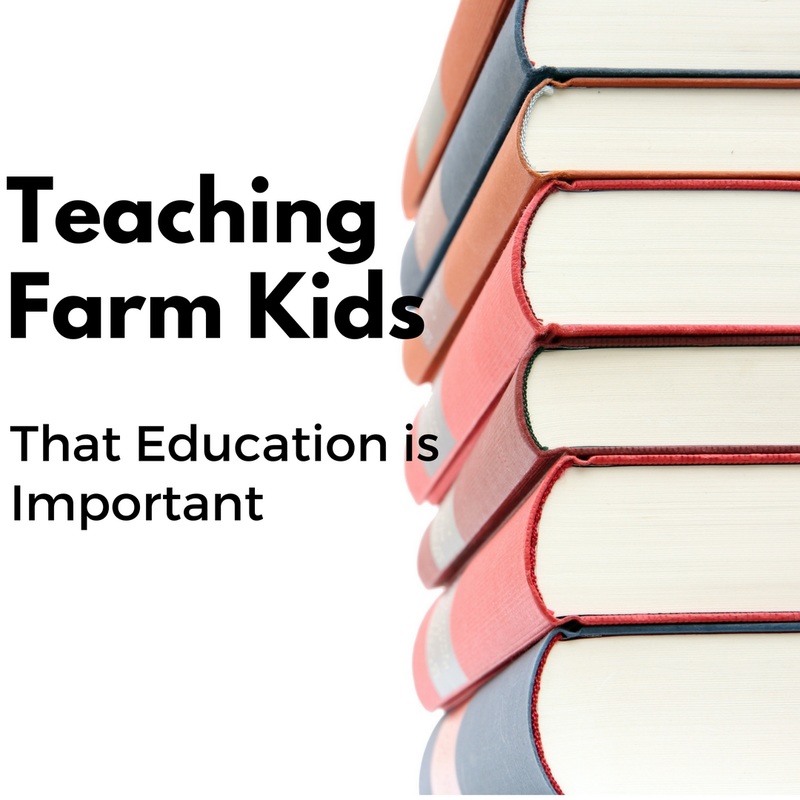
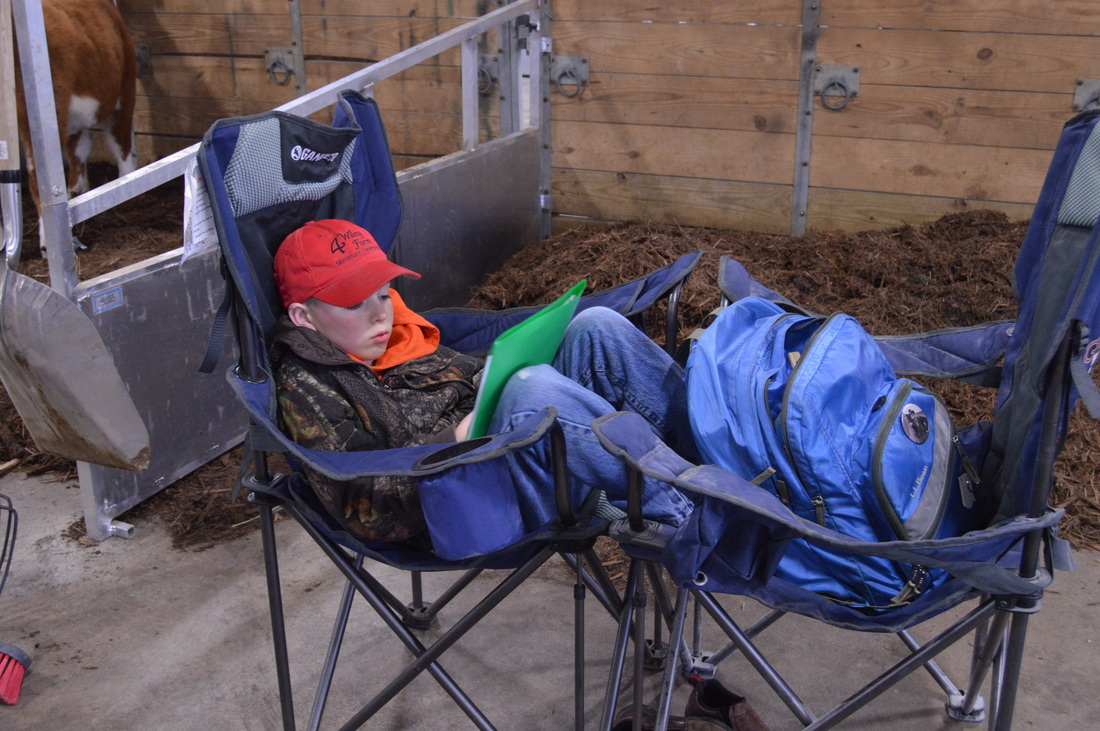
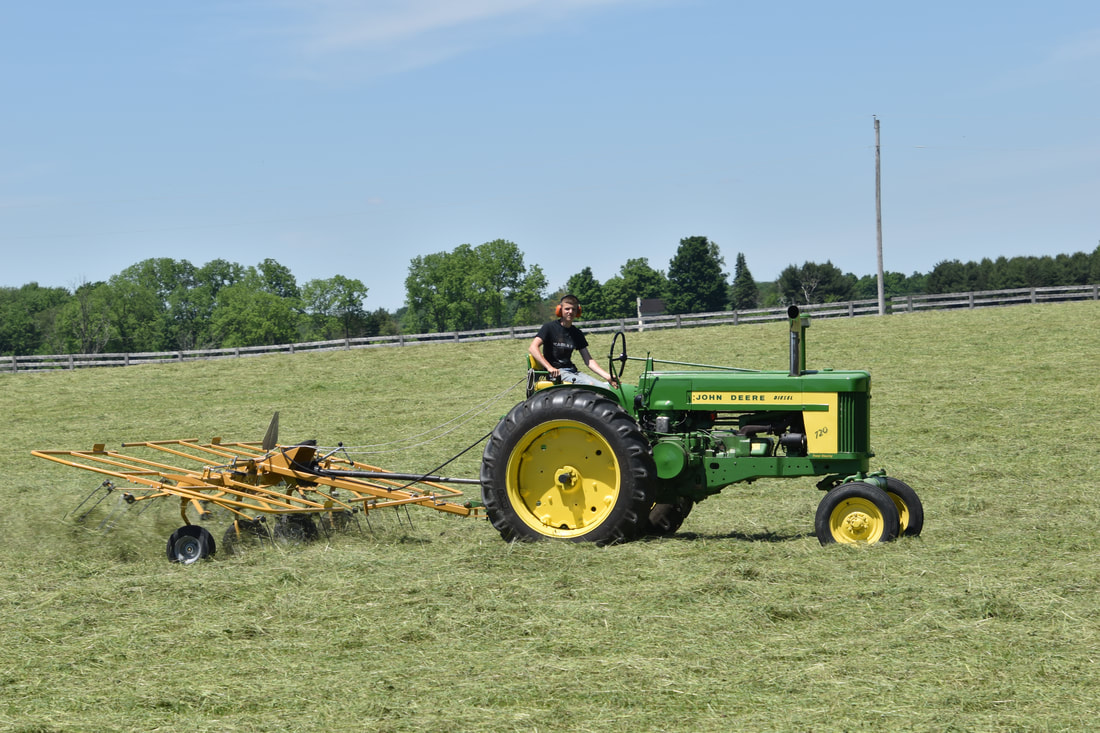

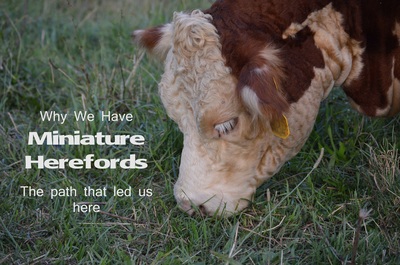
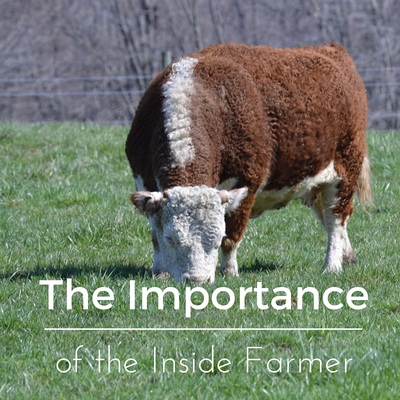
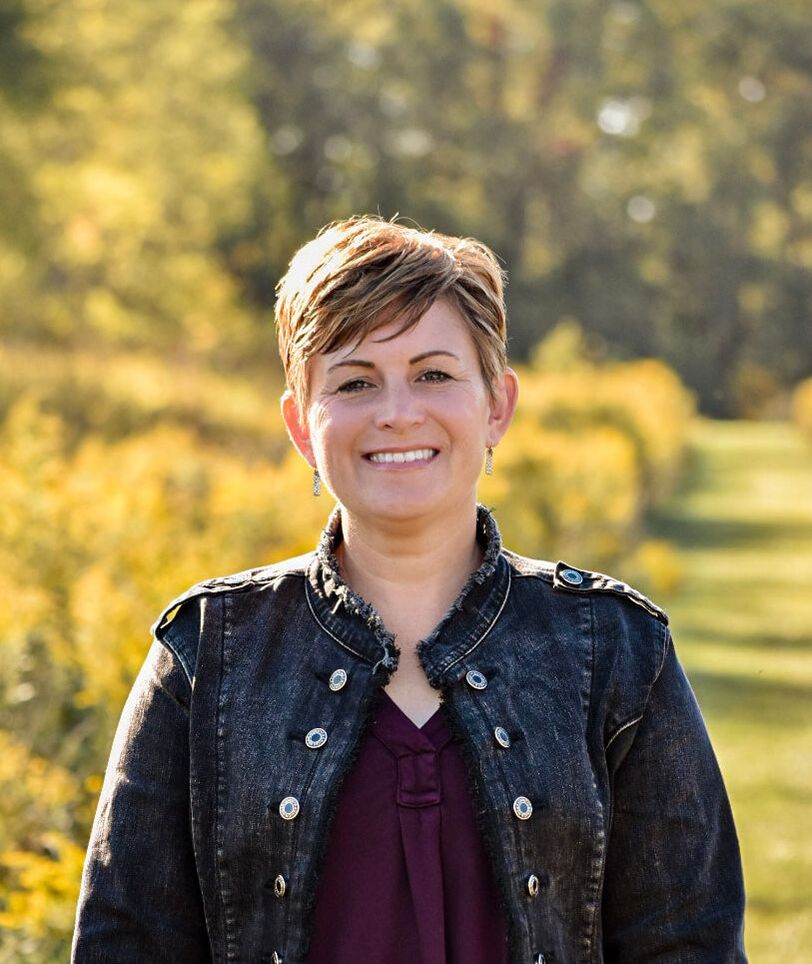
 RSS Feed
RSS Feed

